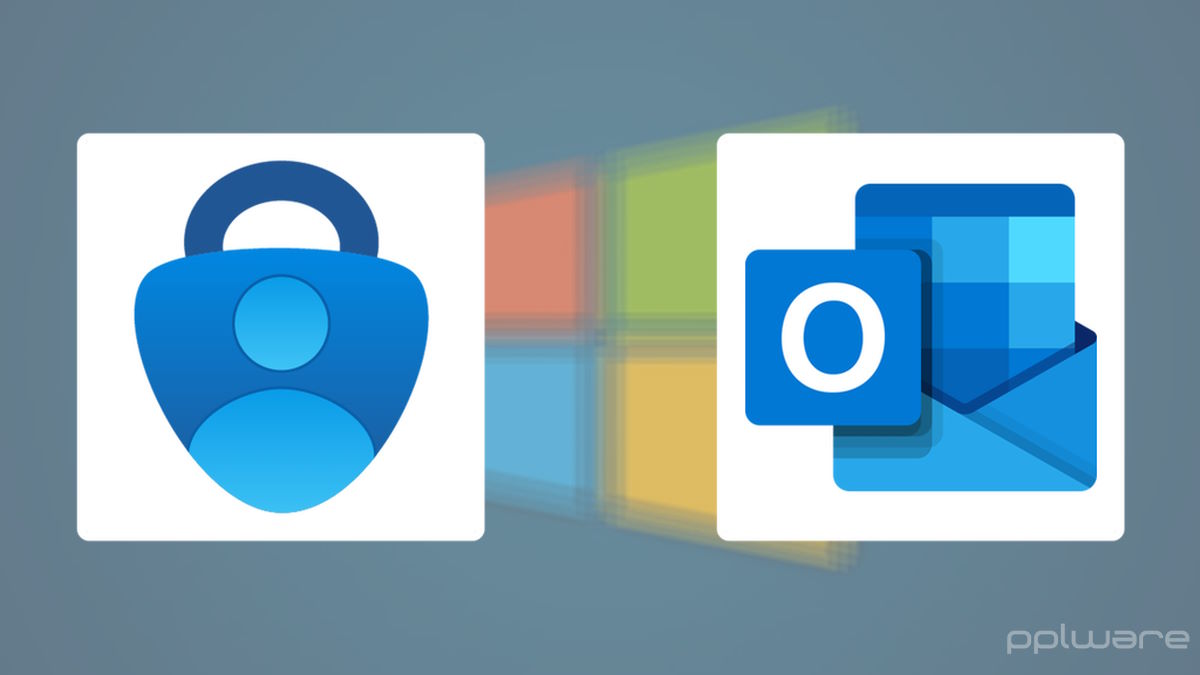Microsoft’s Outlook has assumed an important role in the Microsoft universe. This email client is present on many platforms and could soon take on an important new role. It will be used to obtain the multifactor codes, directly in the Android and iOS version.
Something new coming soon from Microsoft
Microsoft account security must rely on multifactor authentication. Only in this way can attackers be denied access to user data and everything stored in this private area of the Microsoft giant. All it takes is one code for an additional layer of protection.
With an app dedicated to obtaining these codes, Authenticator, Microsoft now seems ready to change. This extra will be able to pass into Outlook and thus guarantee the same security. Authenticator Lite should soon be a reality.
Authenticator Lite (in Outlook) is a feature that allows its users to complete multi-factor authentication (MFA) for their work or school accounts using the Outlook app on their Android or iOS devices.
Outlook brings extra security to accounts
It was Microsoft itself that advanced on the Microsoft 365 Roadmap that will be preparing this novelty for its Android and iOS Outlook apps. This addition is in the company's plans and should go into development soon, and then be released to everyone.
By bringing this extra to Outlook on Android and iOS, Microsoft guarantees its users this constant presence. It now dispenses with the Authenticator app, which is also dedicated to generating codes and managing access to accounts for various services.

It will be the reinforcement of the Authenticator multifactor
Multi-factor authentication (MFA) is an essential security feature for protecting accounts for many services. With a simple, user-generated add-on, it adds an extra layer of protection. These can be a code, an SMS physical security key or other means.
With this addition, which is expected to arrive soon, Microsoft indirectly increases the security of your accounts. Outlook is the choice of many, so Android and iOS receive a strong ally to guarantee multifactor codes directly.


